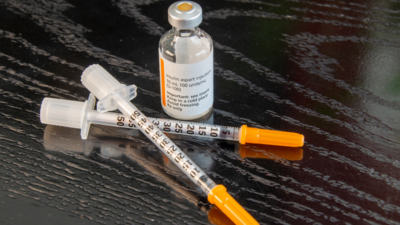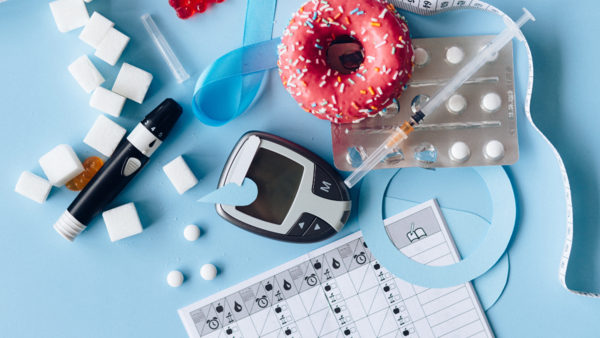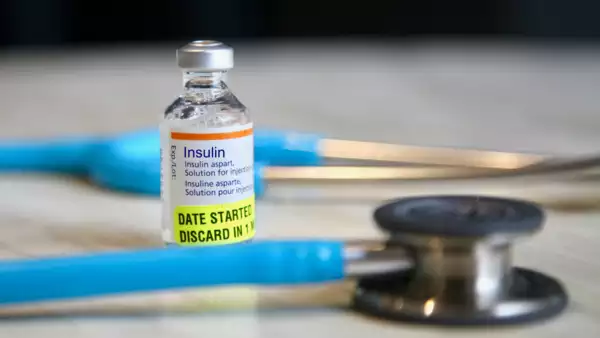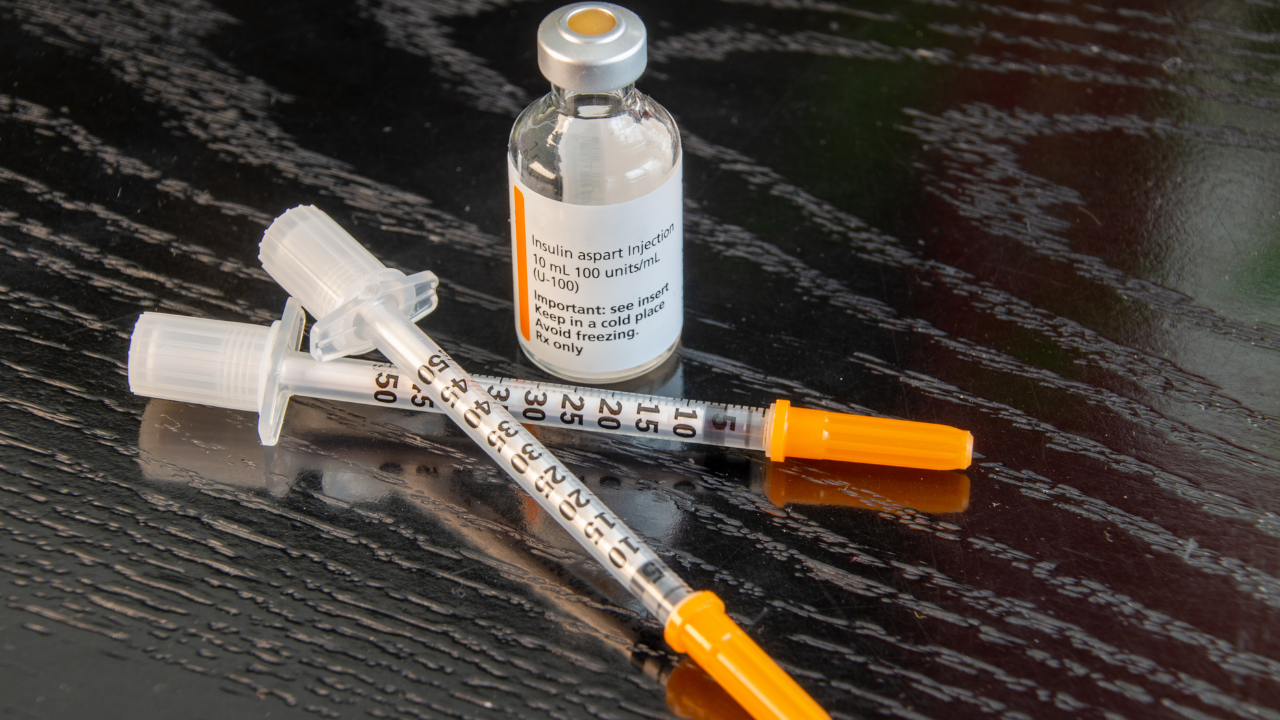Diabetes, particularly Type 2 diabetes, impacts millions worldwide. While medical advancements have greatly improved the ability to manage this condition, misinformation about
insulin therapy
persists. These myths not only create unnecessary fear but also prevent patients from accessing life-changing treatments, leading to complications that could otherwise be avoided. Here are eight common
myths about insulin
, debunked:
Myth 1: Insulin is only for advanced cases
The truth: Insulin is not a marker of “advanced diabetes.” It is a powerful tool to regulate blood sugar levels when other treatments, such as oral medications or lifestyle adjustments, are no longer sufficient. In some cases, introducing insulin earlier can prevent complications such as heart disease, nerve damage, and kidney failure. Far from being a last resort, insulin is often a proactive choice for safeguarding long-term health.
Myth 2: Using insulin signals failure
The truth: Diabetes is a progressive condition, meaning the pancreas naturally produces less insulin over time. Starting insulin therapy is not a failure but an adaptive step to meet the body’s changing needs. Embracing insulin allows patients to take control of their health and improve outcomes.
Myth 3: Insulin is addictive
The truth: Insulin is neither addictive nor habit-forming. It simply supplements what the body needs. For some, insulin may be used temporarily during periods of stress or illness. For others, it becomes a long-term part of care. Insulin restores balance and protects vital organs from the damaging effects of high blood sugar.
Myth 4: Insulin will cause weight gain
The truth: Some weight gain may occur initially as insulin allows the body to use glucose more effectively, preventing its loss as waste. This adjustment is manageable with a balanced diet, exercise, and support from healthcare professionals. The benefits of stabilising blood sugar far outweigh the risk of slight weight gain.
Myth 5: Insulin will lead to low blood sugar
The truth: Modern insulin formulations are designed to mimic the body’s natural patterns, significantly reducing the risk of
hypoglycaemia
. With proper monitoring, personalised dosing, and education on recognising early signs of low blood sugar, patients can use insulin safely and effectively.
Myth 6: Insulin injections hurt a lot
The truth: Thanks to advances in technology, insulin delivery is far more comfortable and convenient than ever. Insulin pens with ultra-fine needles and pre-filled cartridges ensure minimal discomfort, while insulin pumps offer continuous delivery without frequent injections. With proper training, insulin therapy becomes a seamless part of daily life.
Myth 7: Insulin causes complications like blindness and kidney damage
The truth: It is untreated or poorly managed diabetes—not insulin—that leads to complications such as blindness or kidney failure. Insulin helps regulate blood sugar levels, protecting the eyes, kidneys, and other vital organs. Rather than causing harm, insulin is a protective measure against the damaging effects of uncontrolled blood sugar.
Myth 8: Insulin means losing control over my treatment
The truth: Far from limiting control, insulin empowers patients to take charge of their diabetes. By regularly monitoring blood sugar and adjusting doses under the guidance of a healthcare provider, individuals can tailor their treatment to suit their unique needs and lifestyle. Insulin is a tool for achieving greater freedom and better outcomes.
To sum up, let me leave you with the tale of Leonard Thompson, the first person to receive insulin therapy. In 1922, at just 14 years old, Leonard was critically ill due to Type 1 diabetes. He was emaciated and near death, surviving on a starvation diet—the only treatment available at the time. On 11 January 1922, Leonard became the first person to receive an injection of insulin, developed by Dr Frederick Banting, Charles Best, and their team. The initial injection was impure and caused a reaction, but a refined dose on 23 January changed everything. Leonard’s blood sugar levels dropped, his condition improved, and he could eat and gain strength again.
Leonard lived for another 13 years, a period that would not have been possible without insulin. His story inspired hope and cemented insulin’s role as a life-saving therapy. By busting myths and fostering open conversations, we can empower patients to embrace insulin therapy, take control of their condition, and lead fuller, healthier lives. Let’s see insulin for what it truly is: a path to a brighter, more vibrant future.
(Dr Anupam Kumar Ranjan (MBBS, MD from AIIMS, New Delhi) is Consultant and Head of the Department of Emergency Medicine at MAX Healthcare)
I’m Manas Ranjan Sahoo: Founder of “Webtirety Software”. I’m a Full-time Software Professional and an aspiring entrepreneur, dedicated to growing this platform as large as possible. I love to Write Blogs on Software, Mobile applications, Web Technology, eCommerce, SEO, and about My experience with Life.






